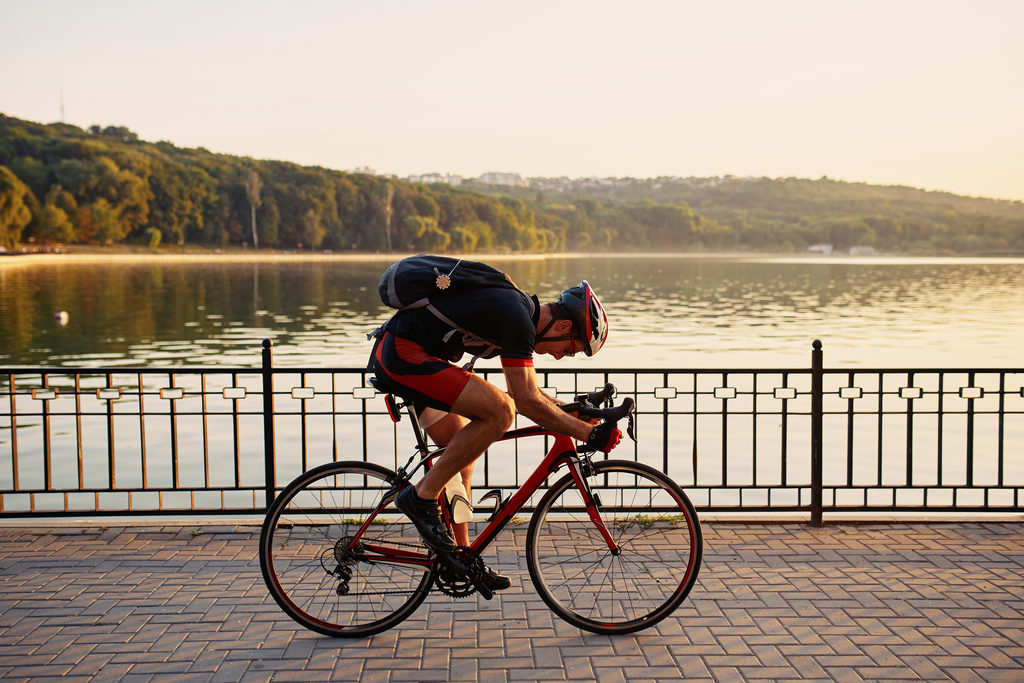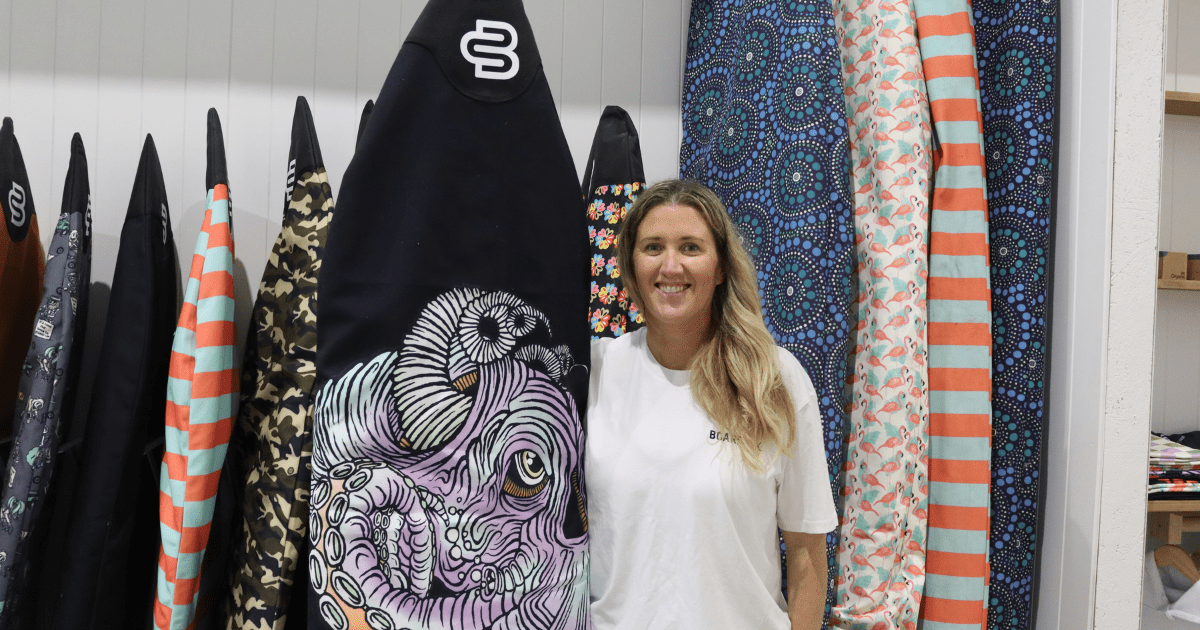NYE fitness resolution
The new year has arrived, and like the years before, hundreds of Australians will have made a resolution to get fit in 2024.
Most of those resolutions are long abandoned by the end of January but Sports Medicine Australia’s (SMA) Luke Nelson has offered some tips on how to succeed.
Don’t go all in on day one
It took a long time to become unfit and getting fit also takes time. Increasing your activity levels too quickly could result in injury, which can set you backwards in your fitness journey.
Set realistic goals
Rather than aiming for an extreme transformation, break down your fitness journey into smaller, manageable milestones. This approach allows for a sense of accomplishment along the way, boosting motivation and making the overall process less overwhelming. If possible, get advice from a health or fitness professional to give you individual guidance.
Do what you enjoy
There is no single best exercise for general health. If you like swimming, then swim; if you like cycling, then bike. If you commit to something you enjoy, you will be more likely to do it. As the saying goes: “Variety is the spice of life”, and it applies to your fitness routine as well. Doing the same workout every day can lead to boredom and burnout. Mix up your activities to keep things interesting and challenge different muscle groups. This could include incorporating strength training, cardio, and flexibility exercises into your routine.

Create a schedule
Just as you schedule meetings and meals, make time for exercise. Life can be hectic, and finding time for exercise can be challenging. However, scheduling your workouts just like any other important commitment can significantly increase your chances of success. Whether it’s early morning, during lunch, or in the evening, choose a time that works best for you and make it a non-negotiable part of your daily or weekly regimen.
Rest and recovery
While staying active is crucial, so is allowing your body time to rest and recover. Adequate rest and recovery allow our bodies to rebuild stronger post-exercise. Insufficient recovery can lead to burnout, overtraining, and injury. The best recovery tool you have at your disposal is sleep: aim for upwards of eight hours each night.
You can’t outrun a bad diet
While exercise forms an important part of maintaining a healthy weight, it’s important not to neglect your diet. If you require further assistance with this, then speak to an accredited sports dietician.
Every little bit helps
While planned exercise has a big impact on your fitness, so does what is called “incidental exercise”. This includes the movement that you perform during the day. Consider ways to get more movement into your day such as walking/cycling instead of driving for short trips.
Check the conditions
SMA – the peak multidisciplinary body for sports medicine, sports science and physical activity in Australia – offers a free SMA Heat Policy Tool, which has immediate recommendations for the most popular sports played in Australia based on the existing local weather conditions.
To get instantaneous guidance, users can head to sma-heat-policy.sydney.edu.au, input the location and sport activity – ranging from abseiling to walking – and the site will indicate whether at that time the heat risk to human health is low, moderate, high or extreme for the chosen sport.


















